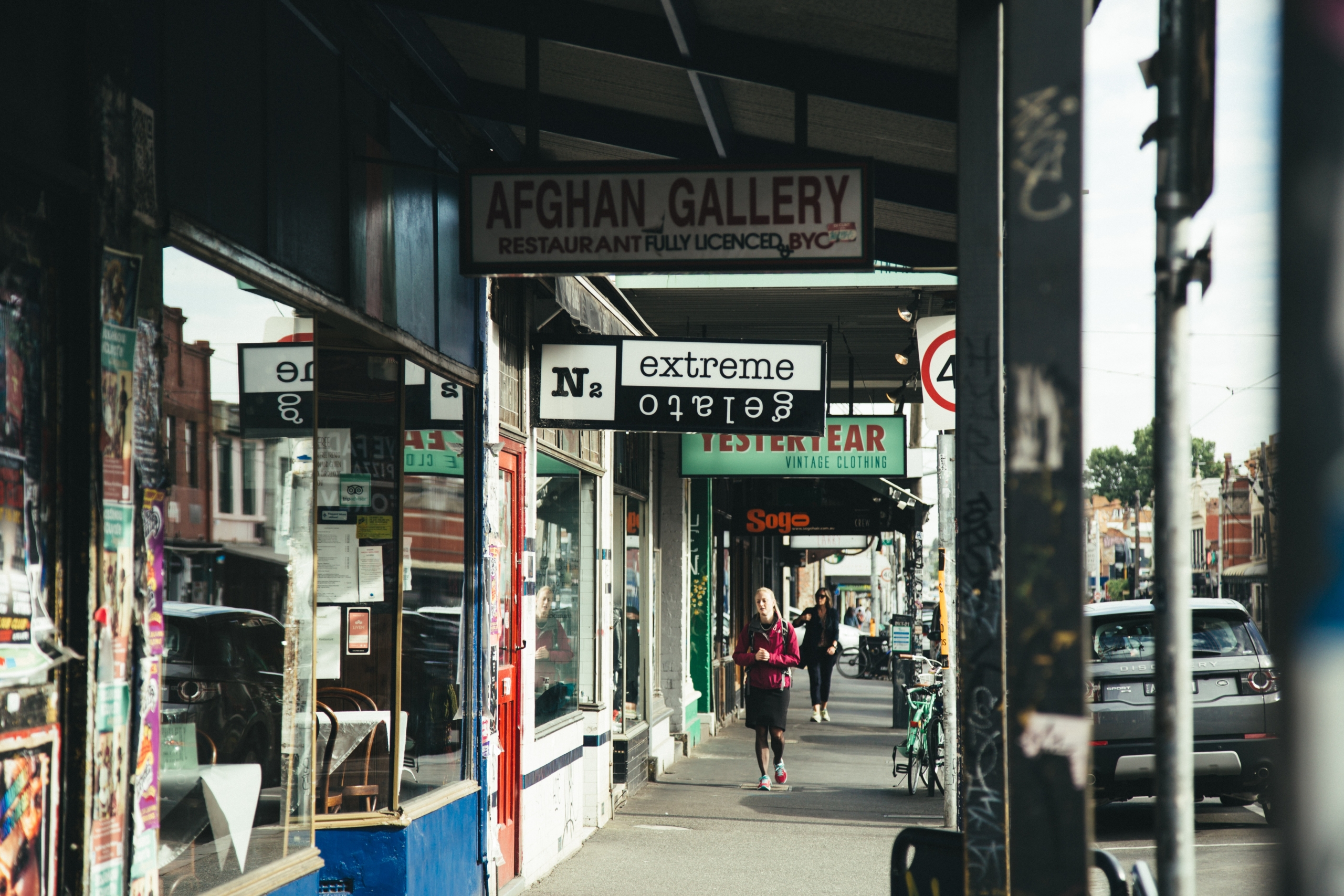 Although WorldDate.info ranks New Zealand 50th on its list of the world’s leading economies, poverty remains a significant issue affecting the well-being of New Zealanders. Many key players working to combat poverty in New Zealand, such as the Whakaha Ministry for Disability, which launched in 2022 as a government ministry focused on reforming New Zealand’s disability policy, name children and ethnic minorities such as Māori and Pacific Islanders as groups of people particularly vulnerable to poverty in New Zealand. Disability is also a major factor in determining economic security, and is written in bold in both the stories and statistics of New Zealanders who identify as disabled. Here are five facts about disability and poverty in New Zealand.
Although WorldDate.info ranks New Zealand 50th on its list of the world’s leading economies, poverty remains a significant issue affecting the well-being of New Zealanders. Many key players working to combat poverty in New Zealand, such as the Whakaha Ministry for Disability, which launched in 2022 as a government ministry focused on reforming New Zealand’s disability policy, name children and ethnic minorities such as Māori and Pacific Islanders as groups of people particularly vulnerable to poverty in New Zealand. Disability is also a major factor in determining economic security, and is written in bold in both the stories and statistics of New Zealanders who identify as disabled. Here are five facts about disability and poverty in New Zealand.
5 Facts About Disability and Poverty in New Zealand Approximately 25% of New Zealanders self-identify as having a disability. While this fact may not show as direct a correlation to poverty as some of the other facts in this article, it is essential to recognize the extent to which disability impacts the lives and well-being of New Zealanders. To put this figure into context, Pew Research Center reports that 13% of Americans have a disability, and in the UK, 24% of the total population has a disability. Despite this widespread presence of disability, Whaikaha assesses government policies and support for New Zealanders with disabilities as difficult to navigate and comprehensively fragmented. Disabled people earn more than $13,000 less per year than their non-disabled counterparts. The average weekly income for non-disabled people aged 15 and over is $1,273, compared to $1,018 for disabled people. This $255 disparity translates into tens of thousands of dollars per year, which can have a significant impact on the healthcare and housing resources available to New Zealanders with disabilities. The labour force participation rate for people aged 15-64 without disabilities is 84.7%, compared to 44.1% for people with disabilities. Career stability, unemployment trends and accessibility all have a significant impact on the vocational opportunities available to people with disabilities. In New Zealand, these disparities are dramatic enough to produce a 40.6% difference in labour force participation rates. As Whaikaha suggests, this disadvantage can be partly attributed to government policies on disability and unemployment. Neoliberalism is also part of the problem. Beginning in the 1980s with the election of former Finance Minister Roger Douglas, New Zealand adopted a neoliberal approach to welfare. This meant that healthcare, social infrastructure support and more were privatised and corporatised, rather than maintained by the New Zealand government. This privatisation has led to unequal healthcare policies and practices that inadvertently impact people with disabilities, raising the prices of vital resources for them. Disability and poverty also impact the next generation of New Zealanders. The politics and policies surrounding disability and poverty today will continue to impact New Zealanders for decades to come.8.6% of children living in homes with a parent with a disability experience material hardship, compared to 2.2% of children living in homes without disabilities. Additionally, 17% of children with disabilities live in low-income households, compared to 11.6% of children without disabilities. Thus, these disparities not only indicate the need for change now, but also point to trends that will need to be corrected again and again in the years to come. Looking to the Future
As is the case around the world, people who face disadvantage and inequality in their identity, such as people with disabilities, are more likely to fall into poverty in New Zealand. Targeting social and economic support to the disability community is essential to combat this inequality and advance the goal of eradicating poverty internationally. Organisations like Whaikaha have already made great strides towards this effort, from securing millions of dollars from the New Zealand Government to focus on disability transformational work, to establishing infrastructure and accessible support to support New Zealanders during natural disasters and crises, such as the COVID-19 power outages.
– Francis Sharpless
Photo: Unsplash
